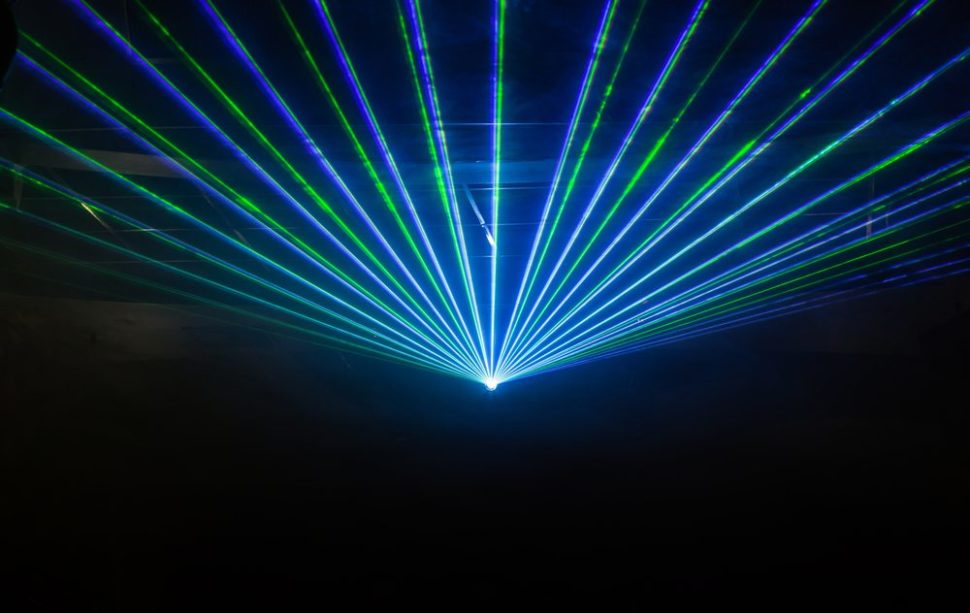Patients with Alzheimer’s disease may recover memories that previously were thought to be lost forever and make new ones thanks to lasers.
Per the Alzheimer’s Association (alz.org), Alzheimer’s disease (AD) affects more than 5 million people in the U.S., and, by 2050, it could affect about 16 million Americans.
The 6th leading cause of death in the U.S, Alzheimer’s affects a new patient every 66 seconds.
Alzheimer's may not actually destroy memories.Click To TweetAs of yet, there’s no substantive or preventative treatment against this neurodegenerative disease, but new medical research could lead to a treatment that alleviates the disease’s most common symptom: memory loss.
Contrary to the belief that they’d be lost forever, scientists at Columbia University have discovered that lost memories of mice with Alzheimer’s disease can be recovered.
Blue Light to Rekindle Forgotten Memories
A team of researchers at Columbia University Medical Center, CUMC, have resorted to optogenetics (optics + genetics) to help Alzheimer’s mice retrieve their “lost” memories.
The results, published in the journal Hippocampus, were obtained by comparing healthy mice with mice suffering from a disease similar to Alzheimer’s disease in humans.
Initially, some parts of the mouse brain were designed to emit a yellow fluorescent dye when the memory is stored, and a red dye when the mouse reaches this memory.
Mice were then exposed to a lemon scent associated with a mild electric shock, and a week later, they were re-exposed to the same stimulant.
As they perceived the lemon scent healthy mice showed signs of fear.
However, mice suffering from the Alzheimer’s-like disease were indifferent to the stimulant. Alzheimer’s mice emitted yellow markers, meaning they recorded the new memory, but different neurons emitted red markers (recalling different memories).
Researchers intervened and used a blue laser light to stimulate memory-storing neurons, and Alzheimer’s mice were then able to retrieve the correct memory, and froze with fear as they scented lemon.
New Paths in the Fight Against Alzheimer’s
This study will improve our understanding of the disease that, instead of destroying memories as previously thought, might just disrupt the mechanisms for remembering them.
This could lead to a revolution in the research and treatment of Alzheimer’s disease and other types of dementia-like diseases. New treatments could be established in order to help patients regain access to their “hidden” memories.
Still, there’s one crucial question researchers need to answer. The mice they worked on were specifically developed so that dye detection could be possible. Would the brain of Alzheimer’s human patients react in the same way to optogenetic treatment?
Further studies will, therefore, obviously be necessary, but the findings of this research are promising. Not only do they contradict the understanding that Alzheimer’s destroys past memories, they show patients could also form new ones.



















Comments (0)
Least Recent